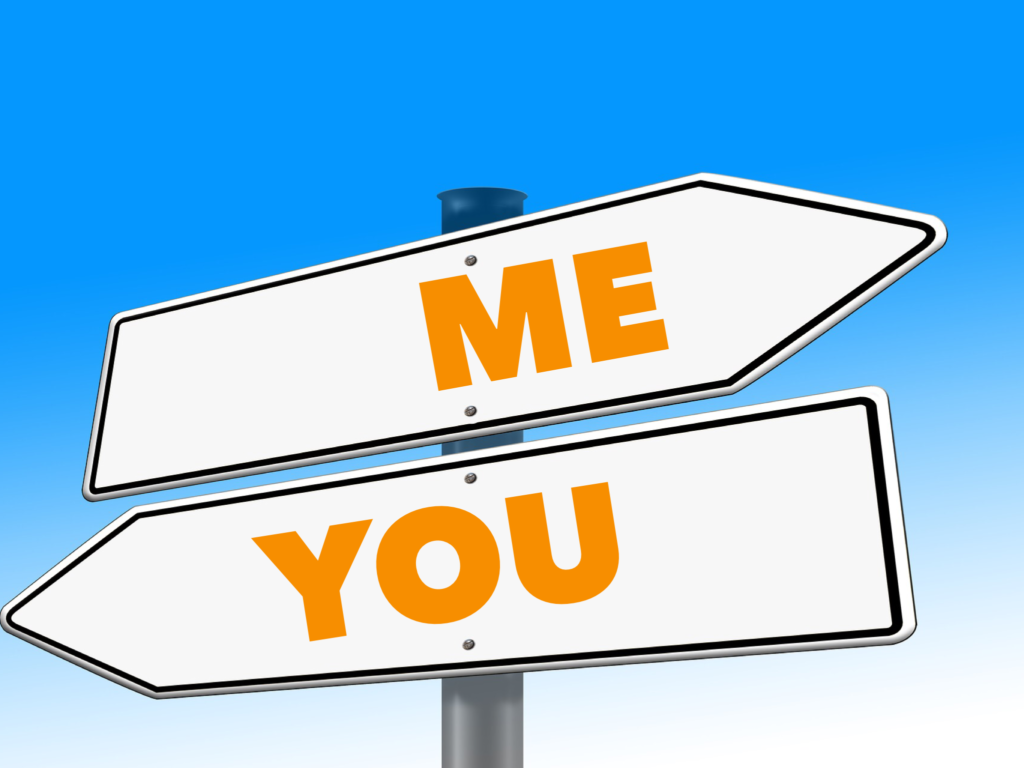In November of 2016, I wrote a piece called Active Listening in a Time of Screaming. Many of my clients were worried about how the holidays would go, given their families had differing levels of enthusiasm about the results of the presidential election. The piece was an offering of tips on cultivating empathy, open-mindedness, and how to listen and be present with others.
I was happy to write it, because I can relate. I’ve spent most of my adult life living in the urban centers of Los Angeles and New York, but I grew up in Texas, and so both my family and my social media news feeds and timelines are pretty diverse politically. The sense I get is that this mix in my social feeds is much more diverse than those of the friends I’ve made as an adult, during college, grad school and beyond. This isn’t a revelation, but my little microcosm really illustrates how divided we are, and it’s really a valuable perspective I feel lucky to have.
Not only has seeing varied perspectives helped me be empathetic, it’s also helped me to work on my own reactivity, and to hone the work I do with clients and teams on understanding and managing differences. I’d be lying, however, if I said my mind is never not blown on both how differently people can see the same news item or issue, and also how strongly—fiercely— people believe their perspective to be an absolute and the only correct one.
Listen, I have views and positions, and inherent in that fact is that my views aren’t the same as other peoples’. But I am constantly alarmed at the seemingly insurmountable distance between us when we don’t agree. I wonder a lot about what hope there is for en masse bridge building? I’m not a sociologist or a historian, I know (and am glad) there are people studying this, and breaking it down for understanding. Here’s what I do know: It breaks my heart.
Here’s what else I know. It doesn’t have to be this way. In my work, I help clients to find their voice and also the confidence to use it. This is essential, vital work. But speaking up, that’s only part of the deal. The other part? Listening. Intentionally, with integrity, with an open mind, and with great care and attention – that kind of active listening. True active listening can help us to spark conversation, to share ideas with one another, to facilitate consensus building, to allow us to agree to disagree, and yes, to open us up to flat out disagree. I have seen firsthand this work move mountains in terms of understanding, relatability, softening, and empathy in the relationships of my individual clients, couples, and within teams in the workplace. And in my own life. It’s perspective shifting and life-changing.
I know people who state they will no longer even try to engage with others who don’t share their views. ‘It’s not worth it, what’s the point?’ I get it, I find it frustrating too. But my frustration has become so much smaller than my deep sorrow over how angrily and hatefully divided we are. I’m not perfect, but I have been working hard on my own reactivity and deepening my listening, asking questions. Even the coach, the one who coaches on listening well, has to work at it.
Building on my original post, here are some more of the listening tools I’m using, and offering to you in case you’re wanting support here:
- Be curious. Stop talking, let others tell you what they think. You don’t have to agree, but truly listening to why someone thinks the way the do is a gift to give and to receive.
- Don’t rescue! Sometimes, we get ahead of the conversation and we jump in to finish sentences. Or, we see that the other person is struggling to formulate thoughts, and we want to help. DON’T. We think we’re helping, but really what we’re doing is rescuing all parties (ourselves included) from discomfort. This robs us of true connection. Let others tell you what they think, even if it means being uncomfortable with the process.
- Go for understanding. Repeat back what’s been shared with you, to make sure you understand meaning and intent. Ask them if they feel you’ve gotten what they’re trying to share with you. INSIDER TIP: Listening in this way, for content, means we’re actually paying attention. Paying attention means we’re not just waiting around for our turn to spout off our views, or to argue our perspective. And if we’re actually listening and paying attention, doesn’t that mean we can start to really see things from other angles? I think so.
These are my foundational tips for starting to better understand the ones in our lives, whether intimately or tangentially. Better understanding leads to a wider range of perspective and viewpoints, which means we can better work towards building bridges. How can we ever know what we have in common, if we’re too busy with our own views to listen?
What are you finding helpful in better understanding one another? Is listening on your list? Something else? I’d love to know.
Enjoyed the post? Share it!
